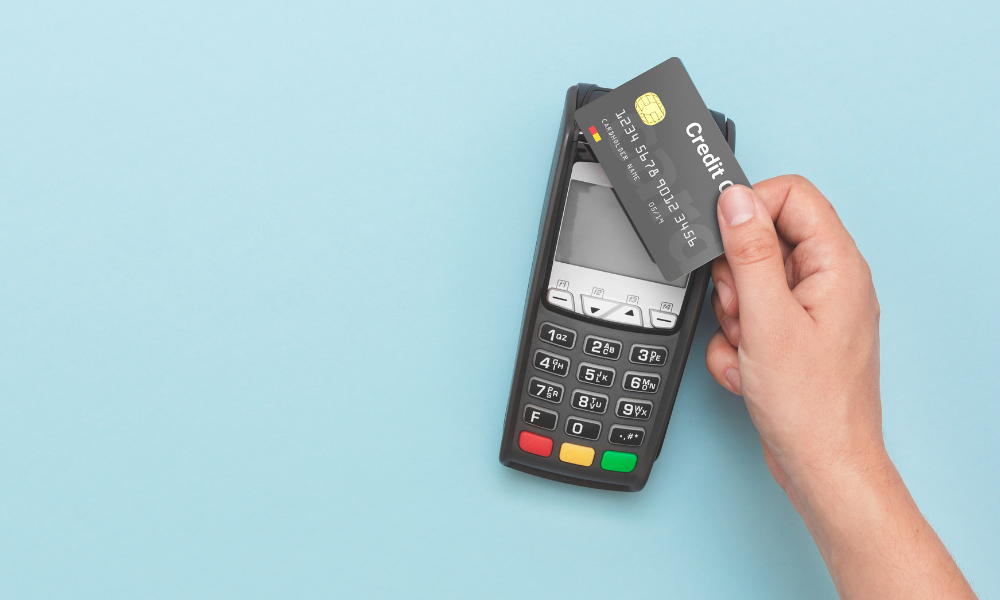Are there benefits to going cashless at your concession stand?
The familiar question of cash or credit at the register may be going the way of smoking or nonsmoking as consumers lean into cashless payment methods and merchants learn about the benefits to going cashless.
Going Cashless at Your Concession Stand
Consumers have increasingly shown preference for cashless payment, a trend that accelerated rapidly in the last two years because of the COVID-19 pandemic. Non-contact cashless payments were viewed as safer, plus so much buying was happening online. Not only that, for the business there are benefits to going cashless.
Before the pandemic 8% of businesses in the US said cashless payments accounted for 95% or more of all transactions, according to a survey by Square, a mobile payment company. After the pandemic, that jumped to 31%.
Another survey by Travis Credit Union, Americans’ most preferred payment method is debit or credit card. Only 29% prefer cash and only 16% always carry cash.
Unsurprisingly, several concession venues, including amusement parks and sports stadiums, have stopped accepting cash entirely, likely because they learned about the benefits to going cashless.
Six Flags started investigating going cashless prior to the pandemic in 2019 and did some trial runs early in 2020. Now, all its theme parks across the US are cashless. Cedar Point amusement park in Ohio is also cashless.
Nearly all Major League Baseball ballparks went cashless starting in the 2021 season as well as most of the National Football League stadiums.
Benefits to Going Cashless
For concessionaires, there are multiple benefits to going cashless which include:
- It’s faster than cash, shaving off anywhere from five to 15 seconds per transaction. That’s significant, especially in venues with lots of patrons and long lines. This can improve customers’ perceptions of the business and keep them coming back.
- It’s cheaper. Concessionaires avoid the costs of armored cars, cash processing and reconciliation. Banks may also charge fees for counting and accepting coins. Small- to medium-size companies are paying tens of billions of dollars each year on expenses related to handling cash, according to Milken Institute.
- It minimizes human errors that can happen when counting bills and makes it easier to review transactions all in one place. Certain accounting and bookkeeping tasks can be automated, which simplifies filing taxes.
- Provides an extra layer of security by reducing the temptation of theft by staff members and makes a business less attractive to cash-focused thieves seeking an easy target.
- Several point-of-sale software (Shopify, Square, Toast, to name a few) and device (desktop, mobile, tablet, kiosk) options are available depending on the size and scope of the business.
- People are more likely to spend more, in fact 100% more, when using a card.
There are also some cons to consider when going cashless. Not everyone has a credit or debit card or cash apps. This could include people who are “unbanked” or young children.
Six Flags and Cedar Point addressed this issue with cash-to-card kiosks where patrons can convert their cash into a prepaid debit card, that can also be used outside of the park, for free.
How should it be communicated?
Communicating the cashless status of an establishment is critical. Customers could get upset because they lack the proper means to buy something. Six Flags lets patrons know of its policy through its website, e-newsletters and substantial in-park signage.
Credit cards also have associated fees, ranging from 1.3% to 3.4% of the purchase price. Before going cashless, determine if those fees add up to less than the ones associated with handling cash. Also keep in mind the previously mentioned benefits of going cashless.
Technology is great, when it works. If it fails and a business is cashless, it’s a problem. An alternative will have to be found or the business will need to shut down until the problem is resolved.
Consumers continue to push for a more streamlined sales experience, and companies responding to this trend may find going cashless an efficient way to meet this expectation while improving their own bottom line. Knowing the benefits to going cashless at your concession stand can help you decide if cashless is the right option for you.
About ConcessionStaff
ConcessionStaff is a division of LGC that focuses solely on facility and event staffing. We partner with clients across the country to connect them with great employees that meet their needs. Working closely together, the ConcessionStaff team will create a plan to recruit and deploy event professionals based on your job description and requirements.

